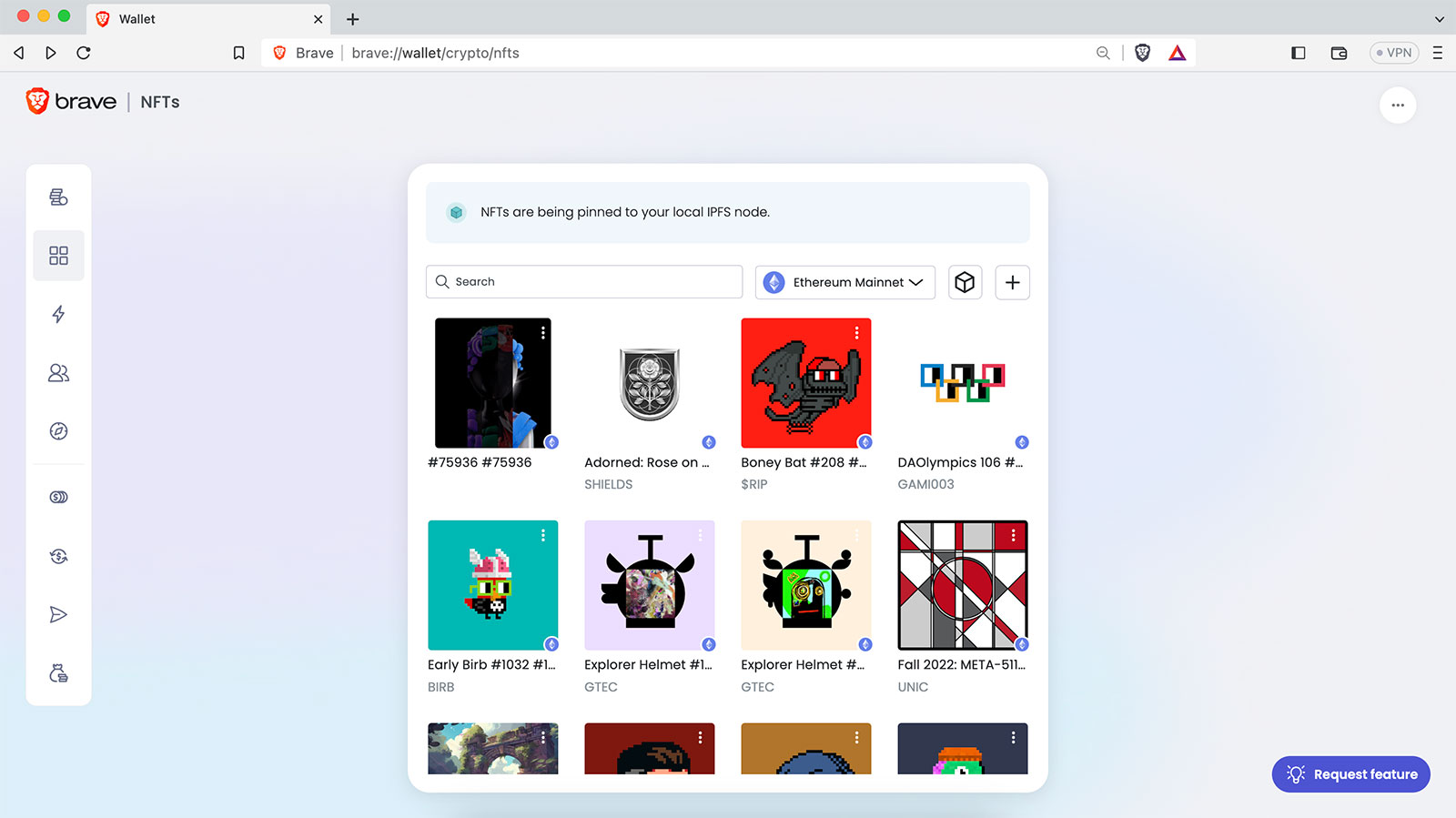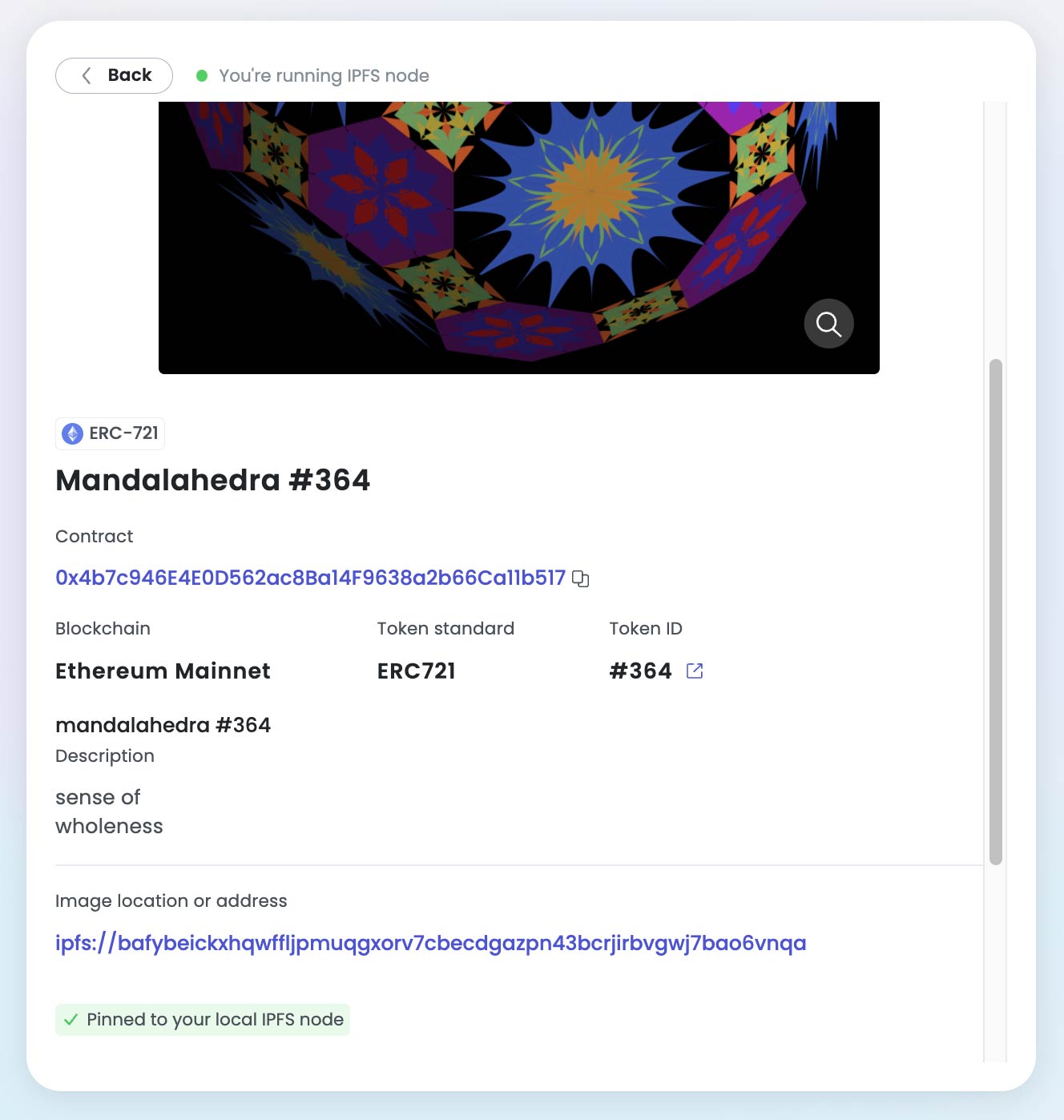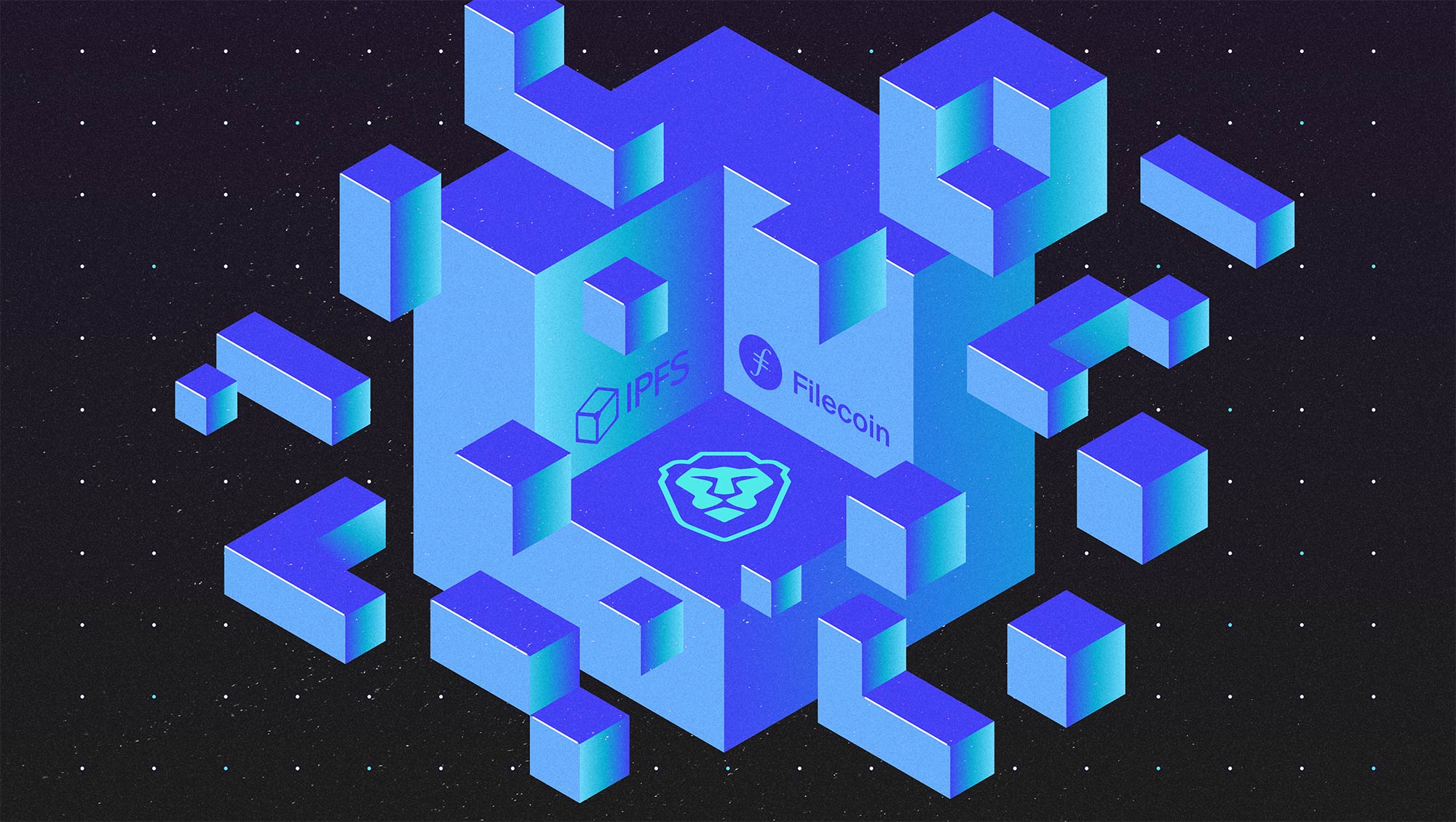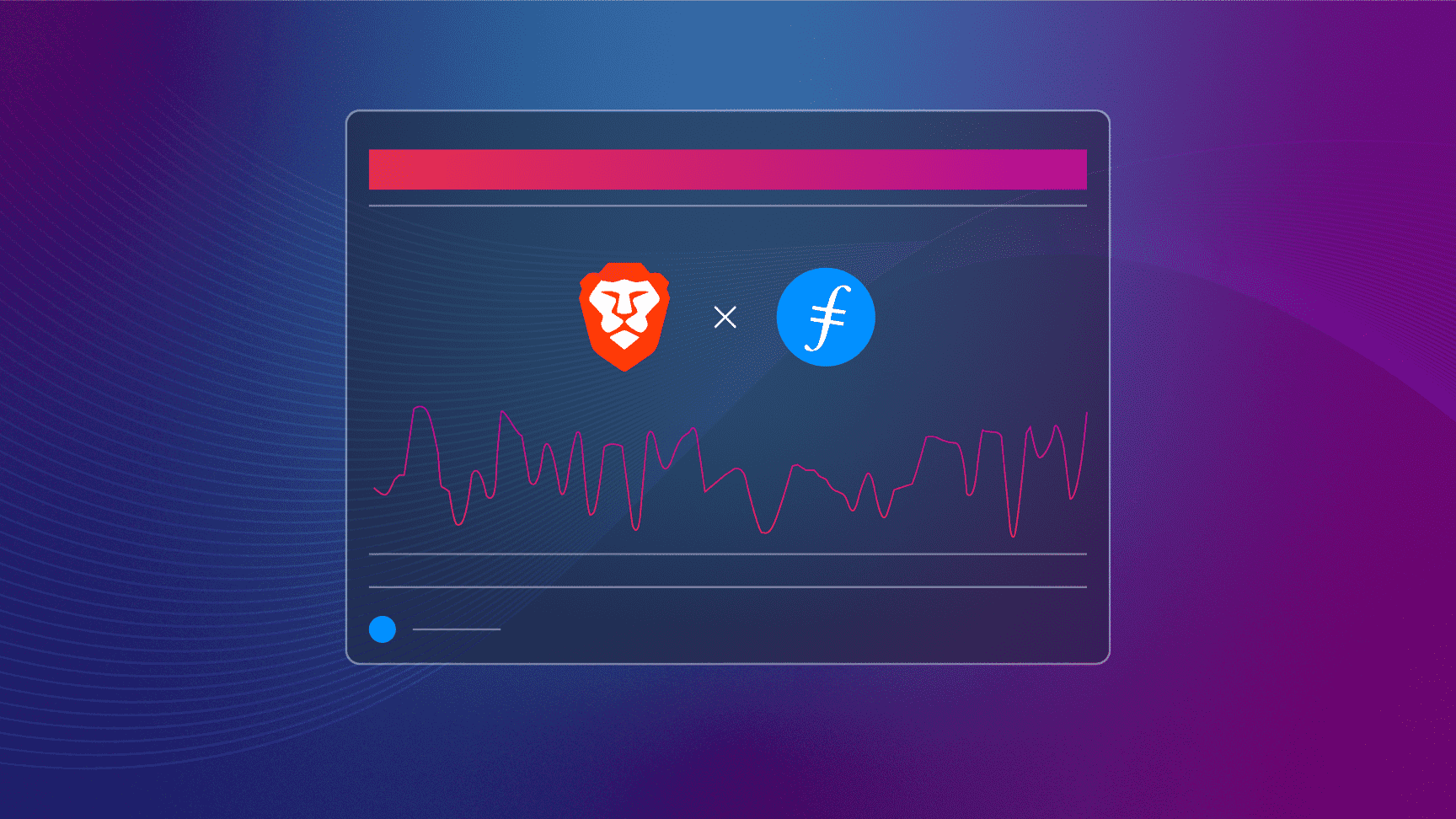Brave announces automatic NFT backups and enhanced Filecoin support in Brave Wallet
The Filecoin community is proud to announce that Brave has officially launched new features to support the development, adoption, and use of web3 in Brave Browser and Wallet via Filecoin and the InterPlanetary File System (IPFS). These new features include NFT pinning to IPFS and an Filecoin Virtual Machine integration to access dApps and more on the Filecoin network with Brave Wallet.
Brave and Protocol Labs first began collaborating in January 2021, when Brave introduced support for IPFS on desktop versions of the browser, unlocking unique new ways to experience the Web for everyday users. Later that same year, Brave Wallet integrated Filecoin, which aims to facilitate how people store, access, and distribute data on the decentralized web. Now, we’re unveiling new ways to participate and contribute to the growing decentralized web movement with Brave.
Back up NFTs automatically with IPFS in Brave Wallet
Brave desktop v1.51 introduces automatic NFT pinning, which secures the metadata of supported NFTs in Brave’s native wallet to the InterPlanetary File System (IPFS). “Pinning” means to tell IPFS to indefinitely store a file in a specific location so that it’s always available for retrieval. By pinning a file to multiple locations, the safety, retrievability and persistence of any given file increases with every additional location that it is pinned to, thus improving its long term resiliency.
While many people believe that NFT metadata (such as images and descriptions) is stored entirely on blockchains, that’s generally not true. Instead, most collections store their metadata on IPFS or other decentralized storage solutions. Some even host NFT metadata on Web 2.0 servers, which carry risks of data loss and censorship. If you’re interested in reading more about this - check out this blog post on Decentralizing NFT.Storage.
“Brave now enables you to pin NFTs to your local IPFS node in just a few clicks, ensuring their continuous availability within the IPFS network,” said Brian Bondy, co-founder and CTO at Brave.

Even with no knowledge of IPFS, Brave Wallet users can avoid the permanent loss of NFT metadata and gain peace of mind by pinning their NFTs locally in their browser. This ensures users have a copy of the assets and metadata for their NFTs, and can make them available to the broader network. Enabling IPFS in Brave is simple and can be done in a matter of minutes. Once set up, eligible NFTs will automatically be pinned. It’s important to note that this doesn’t mean pinned NFTs gain additional protection from hacking or theft, but rather that the data associated with them is kept online through multiple distributed copies.

Pinning will first be available for Ethereum-based ERC-721 tokens, with plans to expand to more chains and tokenization standards in the future. You can even pin NFTs owned by other wallet addresses, including NFTs you own on a hardware wallet that isn’t connected to Brave Wallet. To do so, simply input the token details manually and Brave Wallet will both display and back up the NFT. This means you can support the health and safety of NFT collections you enjoy, even if you don’t own them.
Build on Filecoin EVM with Brave Wallet
Brave has also simplified access to the Filecoin Virtual Machine (FVM) with the addition of Filecoin EVM (FEVM) in Brave Wallet. As a refresher:
- FVM is a runtime that brings smart contracts to Filecoin thus making its components programmable by anyone.
- FEVM is an Ethereum Virtual Machine (EVM) runtime that allows Ethereum and Solidity developers to run their contracts on the FVM with little to no modifications.
FEVM is making it easier than ever to experience Filecoin’s potential, supercharged by existing (and familiar) Ethereum tooling and infrastructure. Protocol Labs, one of the teams behind the open source project Filecoin, expects to see major development in cross-chain contract calls to execute storage processes from other blockchains. They also expect exciting experimentation at the intersections of decentralized finance, social, gaming, and more.
“Putting the compute layer for the largest open storage network in history directly in the browser with Brave wallet unlocks a whole new class of applications on the web which put control directly in end-users hands” said Dietrich Ayala, Browsers & Platforms Lead at Protocol Labs.



